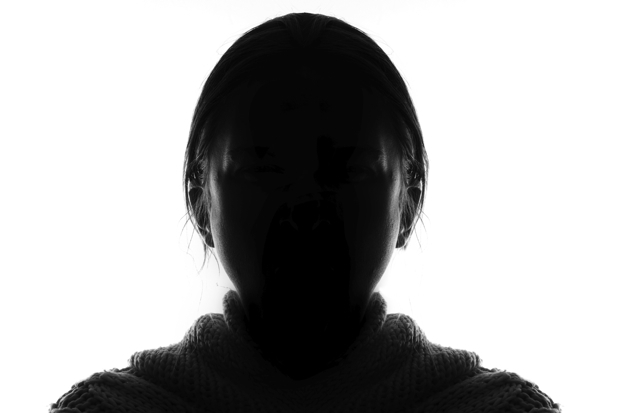The ‘Darknet’ is in the spotlight. Over the past few months, stories of paedophile rings, drug empires and terrorist organisations have set pulses racing as investigative journalists have begun dipping their toes into the network. Cue stories such as: ‘Five scary things ANYONE can buy in the Darknet’s illegal markets‘. Now, the Parliamentary Office of Science and Technology have released a briefing.
The note, entitled ‘The Darknet and Online Anonymity’, centres on Tor. Tor is an easy-to-use web browser that makes tracking a user’s online activities much more difficult. It is designed to prevent government agencies and big corporations learning your location, your identity and your browsing habits. As well as browsing the ‘open web’ anonymously, it also allows users to access ‘Tor Hidden Services’, more commonly known as the Darknet.
Tor is attracting more and more users, for a myriad of different reasons. There are criminals, of course, looking to buy, sell or share illegal goods and services. The most high-profile of these was the Silk Road – an online drugs market – taken down again by the CIA in February (it was first taken down in October 2013). There are journalists and activists looking to communicate securely as governments look to prosecute them, such as during the Arab Spring in Egypt. There are those citizens looking to bypass censorship in countries where internet content is suppressed: it bypasses ‘The Great Firewall of China’, for instance. Finally, there are ordinary citizens who would prefer their viewing habits not to be dictated by algorithm and who would prefer their personal data to remain, well, personal.
The noises coming from Westminster recently on the subject of online anonymity and tracking internet communications data have been mixed. Generally speaking, the Home Office and other have sounded like they’re on the attack. In the wake of the Charlie Hebdo massacre, Cameron made it clear that ‘modern forms of communication’ cannot be allowed to ‘be exempt from being listened to’. Boris Johnson isn’t ‘particularly interested in this civil liberties stuff when it comes to people’s emails and mobile phone conversations’. The ‘snooper’s charter’ appears to live a ghoulish, necromantic half-life, never lurking far from the topsoil.
This note, published by the Parliamentary Office of Science and Technology, is a step-change, both in terms of practice and ideology. Recent public calls for greater surveillance by bodies such as the Intelligence and Security Committee of Parliament haven’t tended to offer practical suggestions for how intentions might be put into practice. Malcolm Rifkind criticised Facebook for not alerting MI5 to a message sent by one of Lee Rigby’s murderers without any real appreciation of how difficult the task of identifying one of the fifty billion messages sent across Facebook’s systems (which now includes WhatsApp) would really be.
The note, for a change, admits the technical challenge monitoring or supressing Tor. It also presents a sceptical analysis of how much illegal content or communication actually takes place on the network. It concludes that ‘banning online anonymity systems altogether is not seen as an acceptable policy option in the UK’.
Even more significantly, however, the piece suggests that even if such action were possible, it might not be a good idea. In doing so, it presents a side to the argument that is rarely voiced in Westminster: a defence of online anonymity.
The ability to be anonymous online has all manner of benefits – for all of us. As my colleague Jamie Bartlett puts it, ‘Syrian democrats really do create secret and untraceable chat rooms to co-ordinate activity. Russian dissidents really do need to circumnavigate state censorship of the net. Gay people in the Middle East really do use anonymous browsers to evade the brutal enforcers of state morality’.
They use the same technology used by terrorists and paedophiles – and there is no way of getting around that. Forget for a moment the glamour and horror of terrorists and freedom fighters, because the ability to go online without being traced, tracked, monitored and watched at every turn brings all sorts of benefits to us dullards too.
It means we can speak our mind freely, without fear of judgement: the Federalist Papers – critical documents for the American Revolution – were authored anonymously. It allows us to address and raise sensitive information without giving away too much about ourselves. It means we can browse the net without fear of hackers learning our IP address. That’s not to say there aren’t problems. As Bartlett has recently argued in a new e-book ‘Orwell Versus the Terrorists’, online anonymity is being used by terrorists and paedophiles to evade detection. But the answer, he suggests, is not to remove everyone’s ability to stay hidden online: it’s to develop new more targeted techniques to get at the bad guys. The benefits of this sort of freedom are immense – it’s what propels society along. The cost is that some people will misuse it. Otherwise known as life in a liberal democracy.






Comments